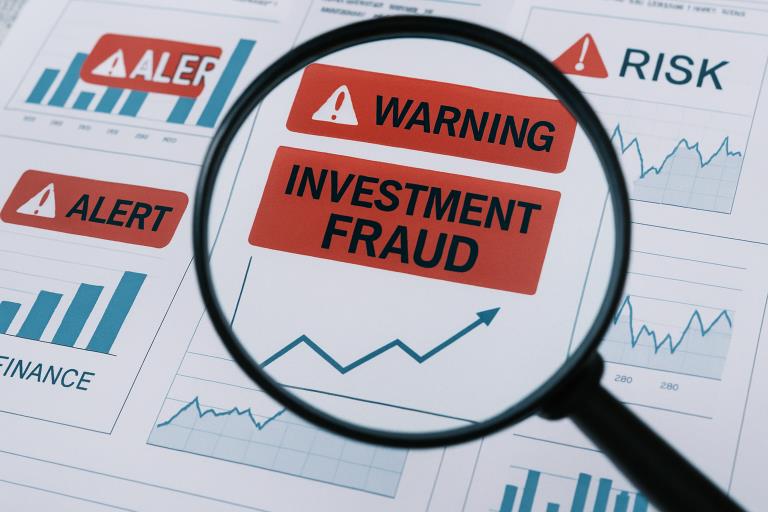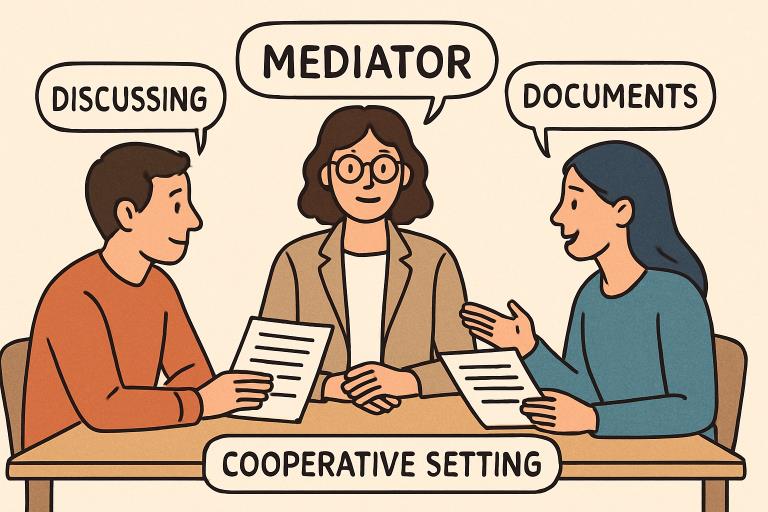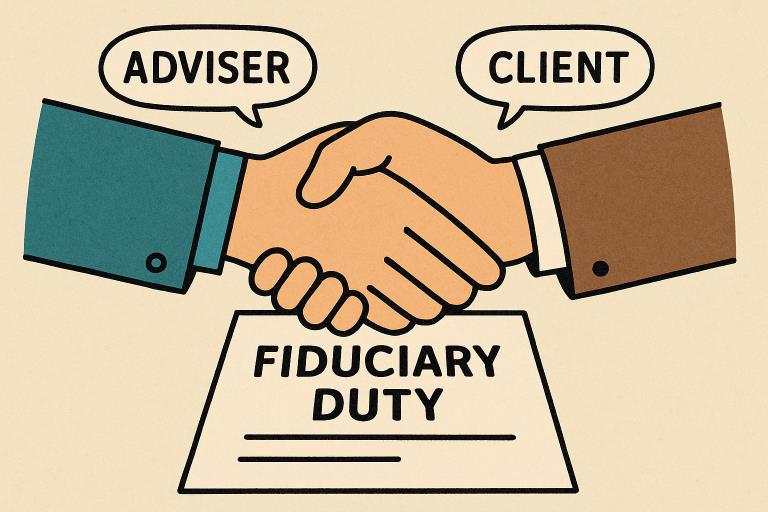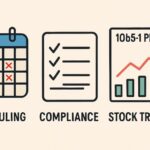Now Reading: How Whistleblower Actions Shape Workplace Accountability
-
01
How Whistleblower Actions Shape Workplace Accountability
How Whistleblower Actions Shape Workplace Accountability

Key Takeaways:
- Whistleblowers play a pivotal role in exposing misconduct and fostering ethical corporate cultures.
- Legal protections are crucial in encouraging reporting and safeguarding whistleblowers from retaliation.
- Organizations benefit from implementing robust internal reporting mechanisms and promoting a culture of transparency.
Introduction
Maintaining ethical standards within organizations has become a critical concern as workplaces become increasingly complex and pressure mounts to ensure compliance with laws and regulations. Whistleblowers provide an essential check on power by disclosing misconduct, ranging from corporate fraud to workplace harassment, that might otherwise remain hidden. These courageous individuals are often at the forefront of efforts to expose wrongdoing and contribute to shaping cultures of accountability and transparency. Comprehensive support, such as that offered by Brown, LLC, can empower whistleblowers to come forward, knowing their rights will be protected.
By acting as internal watchdogs, whistleblowers help organizations and agencies identify systemic problems before they escalate into larger crises. Their efforts not only make workplaces safer and more ethical, but they also heighten public trust in corporate and governmental institutions. Whistleblowers’ actions frequently result in positive reforms that ripple across entire industries, setting higher standards of behavior and driving continuous improvement. Yet, these contributions often come at a personal cost, making robust legal and organizational protections essential.
The Role of Whistleblowers in Exposing Misconduct
Whistleblowers serve a vital function by exposing unethical or illegal activities within organizations that might otherwise go unreported. They often draw attention to issues such as financial fraud, reprisal against vulnerable employees, discrimination, environmental violations, and unsafe work conditions. Their disclosures may trigger investigations, legal actions, and regulatory responses, all of which help enforce organizational accountability. According to The New York Times, whistleblowers have played significant roles in major enforcement actions, recovering billions of dollars for governments and consumers.
The deterrent effect is also substantial: knowing that employees might report unethical behavior helps prevent wrongdoing in the first place. This is particularly evident in the financial sector, where whistleblower tips have revealed complex schemes and deterred future violations through increased oversight.
Legal Protections for Whistleblowers
Legal protection is the cornerstone of effective whistleblower policies. In the United States, federal and state statutes protect those who report misconduct. The Whistleblower Protection Act of 1989 was a landmark law that safeguarded federal employees who exposed illegal or wasteful practices. Additional statutes, such as the Sarbanes-Oxley Act, extend protections to private-sector employees, particularly in the financial industry, requiring companies to take internal disclosures seriously and prohibiting retaliation, including dismissal, demotion, or harassment.
Although these legal frameworks offer powerful tools, they must be continuously updated to handle emerging workplace challenges and evolving technologies. Internationally, countries such as the United Kingdom, Australia, and those in the European Union have also established robust whistleblower protections, underscoring the global significance of this issue. For guidance on legal options and detailed case evaluation, consulting attorneys experienced in whistleblower law is crucial.
Impact on Corporate Culture
Organizations that prioritize transparency and integrity often have the highest rates of early issue detection, as employees feel safe and encouraged to speak up about observed misconduct. A strong whistleblowing framework can boost morale, foster loyalty among employees, and enhance an organization’s public reputation. As reported by Forbes, proactive whistleblower policies are connected with more resilient and innovative workplaces.
When companies publicize their commitment to non-retaliation and establish anonymous reporting channels, they not only reduce their risk of expensive litigation but also set themselves apart as ethical leaders in their industries. Early intervention through whistleblower channels often mitigates damage and ensures issues are addressed before external authorities or the media become involved.
Challenges Faced by Whistleblowers
Despite these benefits, many whistleblowers face isolation, career setbacks, and even threats of legal action. Retaliation, which can include demotion or blacklisting, remains a top concern, even in organizations that claim to value transparency. According to a Wall Street Journal report, more than half of employees surveyed feared reprisals for reporting wrongdoing, underscoring the need for continuous review and enforcement of protection policies.
The psychological toll should not be underestimated either. Whistleblowers may experience significant stress, anxiety, and financial hardship. Having access to legal assistance, counseling, and a supportive community can make a difference in their willingness to speak up and persevere through the consequences of their actions.
Best Practices for Organizations
- Establish multiple, easily accessible, and confidential channels for whistleblowing.
- Offer regular employee training covering ethical behavior and proper reporting practices.
- Clearly communicate non-retaliation policies and enforce them rigorously.
- Regularly audit the effectiveness of internal reporting systems and adapt them based on employee feedback.
Organizations should make it clear that ethical conduct is a shared responsibility among all stakeholders. Recognizing and rewarding transparency, whether through acknowledgment or incentives, can encourage broader participation and trust in the reporting system. Establishing a whistleblower-friendly culture is an ongoing process that must be tailored as organizations grow and as workplace risks evolve.
Case Studies of Successful Whistleblowing
Successful whistleblowing has led to significant regulatory changes and enhanced working conditions across various sectors. For example, a hospital employee’s report about inadequate sanitation practices led to significant safety policy reform, directly improving the health of both patients and staff. In another case, a financial analyst uncovered extensive fraud within a Fortune 500 company, resulting in record penalties and widespread updates to compliance protocols across the industry. Such examples highlight how employee vigilance not only corrects systemic issues but also inspires broader regulatory and societal change.
These cases illustrate the potential impact when organizations empower and protect those who speak out. They also serve as a reminder that effective whistleblower programs are vital tools for sustainable success and public trust.
Conclusion
Whistleblowers are essential drivers of accountability and transparency in modern workplaces. Their courage in exposing misconduct, combined with strong legal protections and organizational best practices, ensures a safer, more ethical, and productive environment. By fostering cultures that encourage responsible reporting and by collaborating with experienced advocates, organizations can safeguard their integrity and build lasting trust with employees and the public.





















